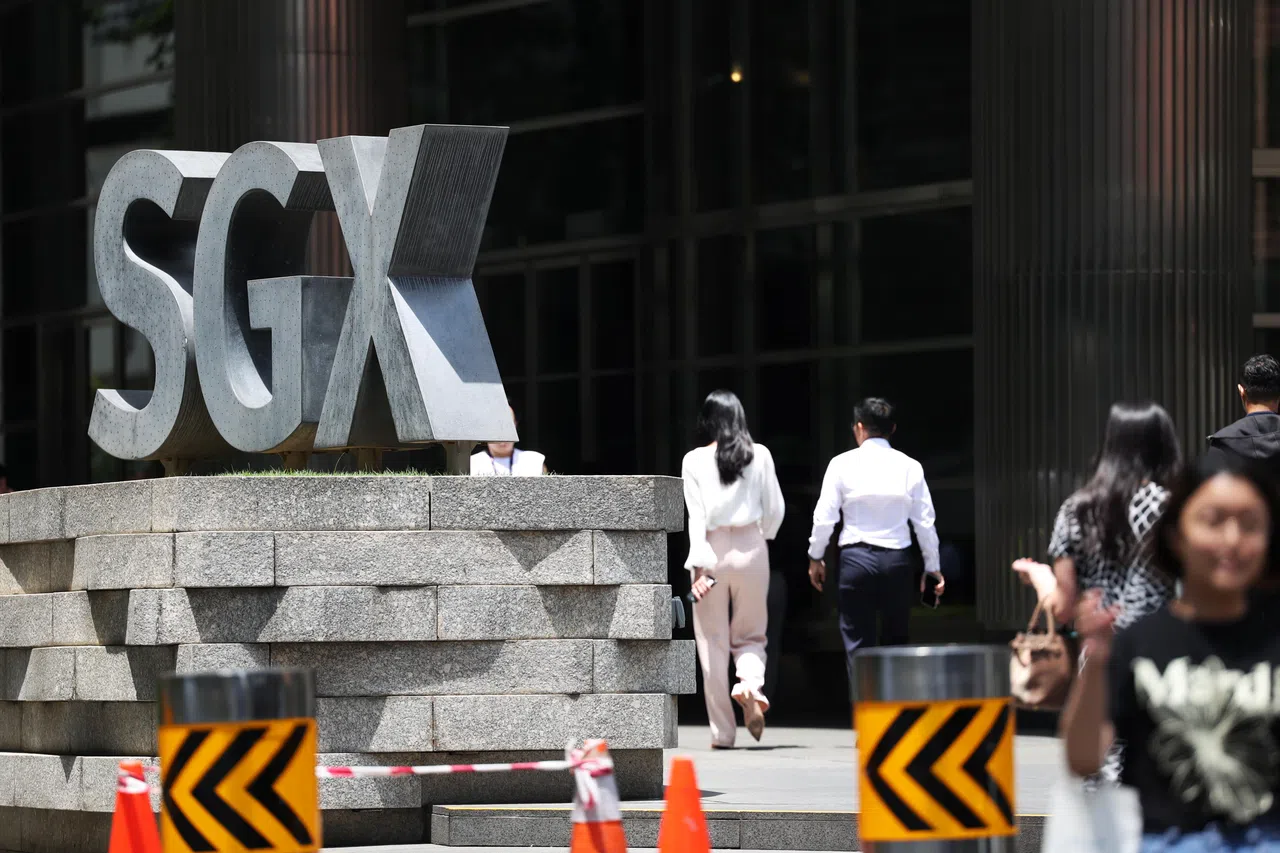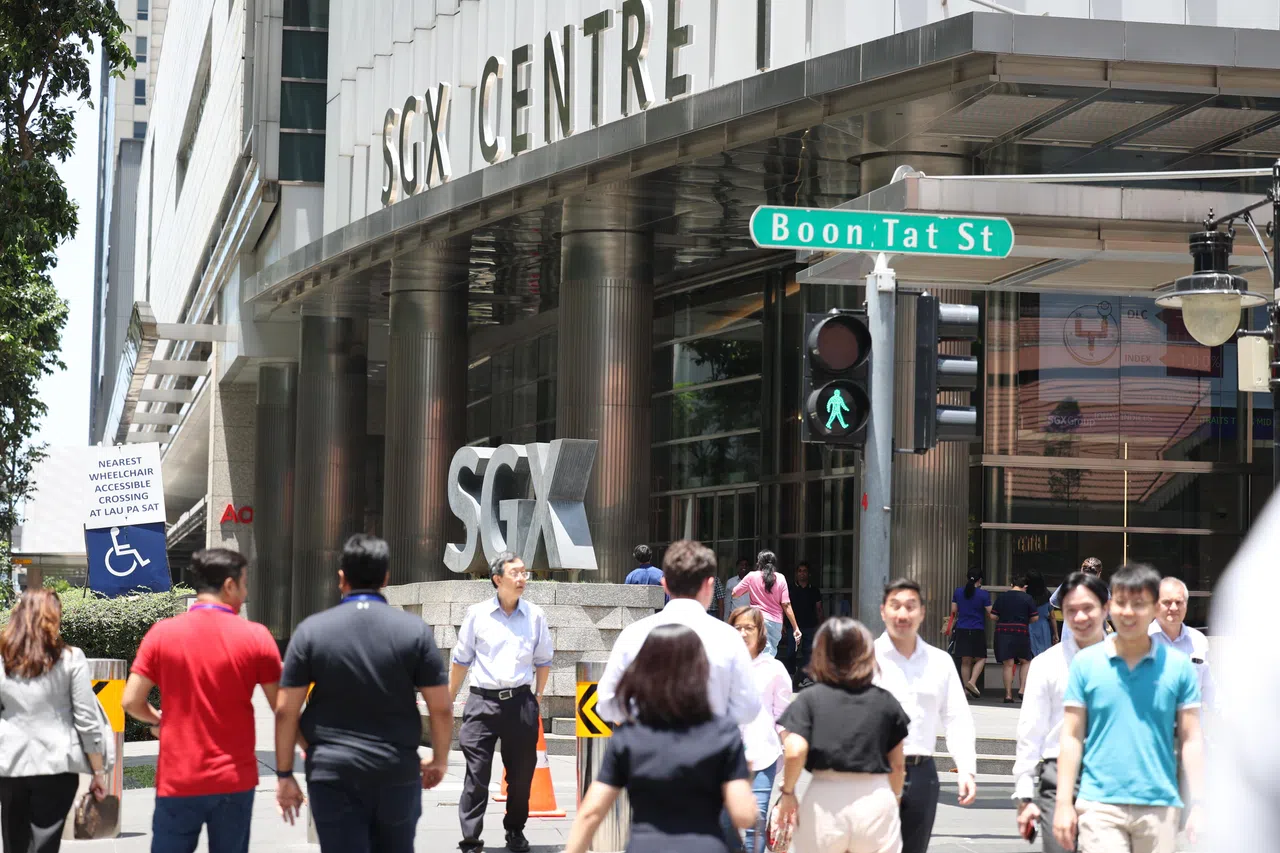WHEN the late Stephen Covey advised highly effective people to “begin with the end in mind”, little did he realise that this statement applies as much to individuals aspiring to take on the role of independent directors (IDs) on boards of companies listed on the Singapore Exchange (SGX).
This is because directors may get many congratulatory messages upon appointment as IDs of an SGX-listed company.
On the flipside, they would get tonnes of queries from regulators, media and investors alike when resigning from a board (unless when stepping off upon reaching the nine-year limit on independence).
So, what is a good reason to resign from a board?
Reasons for resigning
From a fiduciary viewpoint, IDs should resign when they are no longer able to contribute and perform as IDs effectively.
This could be due to personal reasons such as ill health or when taking on other commitments that limit their ability to devote sufficient time and attention to the board that they are resigning from.
BT in your inbox

Start and end each day with the latest news stories and analyses delivered straight to your inbox.
There is also the situation when directors assume an appointment that give rise to a conflict of interest with their existing board appointments.
Another situation would be when there is a major change in the company’s business direction – which may or may not be the result of a change in the company’s major shareholder.
This would require board members to have a sufficiently long runway remaining to see through new strategies or to be sufficiently familiar with the new business.
In such situations, it could be in the interest of the company for the directors to resign from the board and make room for the appointment of new IDs to oversee such major business or strategic changes.
Then there are situations where the company needs to refresh the board to embrace diversity whether in terms of expertise, qualifications, experience or gender.
These situations typically arise out of annual board evaluations during which gaps in the board composition and profile are highlighted and plans are made ahead for a smooth transition of IDs.
There will also be instances when IDs differ in opinion or judgement with the majority of the board over business and management matters. This being the case, they can reasonably ask to resign from the board lest the disagreements affect the board’s and their ability to manage the company’s affairs going forward.
When to resign
Now that one has a good reason to resign from a board, the next question is when is a good time to resign from a board?
Legally there is nothing to prevent IDs from tendering an immediate resignation if the circumstances warrant. A good example of such immediacy would be ill health. Otherwise, a good window for IDs to resign from a board is during the upcoming Annual General Meeting of the company, during which the ID could retire and not seek re-election.
Alternatively, IDs could also resign after an Extraordinary General Meeting called by the company to seek shareholders’ approval for a major change in business. This is also an opportune time for the company to present to the shareholders a new board composition that is to see through the change.
‘Jump ship’ directors
Conversely, another way of figuring out when is a good time for IDs to resign is to know when is not a good time to resign. These would include situations when the company is experiencing challenges, whether financial or otherwise, as stability and continuity on the board is much needed to steer the company through such times.
It is also a basic fiduciary and moral responsibility for IDs not to jump ship at the first sign of trouble. In exacting times during which the company would not be able to find much-needed director replacements, this is all the more critical if such challenges happen under the watch of the incumbents.
Likewise, directors should not resign during the company’s year-end financial close and when the full-year statutory audit is underway as all that happened during the year under review would be under the IDs’ watch.
It would also not be reasonable nor meaningful for new directors to address shareholders concerns regarding the company’s latest business and financial issues, if any, during the Annual General Meeting that ensues.
In conclusion, the resignation of IDs from a company is an occurrence that conveys a significant message to the shareholders and investment community at large. Therefore, it has to be handled very carefully and sensitively, both in terms of the reasons and timing.
Directors should also not forget their duty to identify and nominate adequately qualified director candidates to replace and succeed them, before they step off the board, as succession planning is an important part of their director duties.
But as the Chinese saying goes, there’s no banquet that does not end. So, serve while you can and exit responsibly when it is time to do so. Begin with the end in mind.
The writer is a former member of the Steering Committee of the Singapore Corporate Awards co-organised by the Singapore Institute of Directors.







